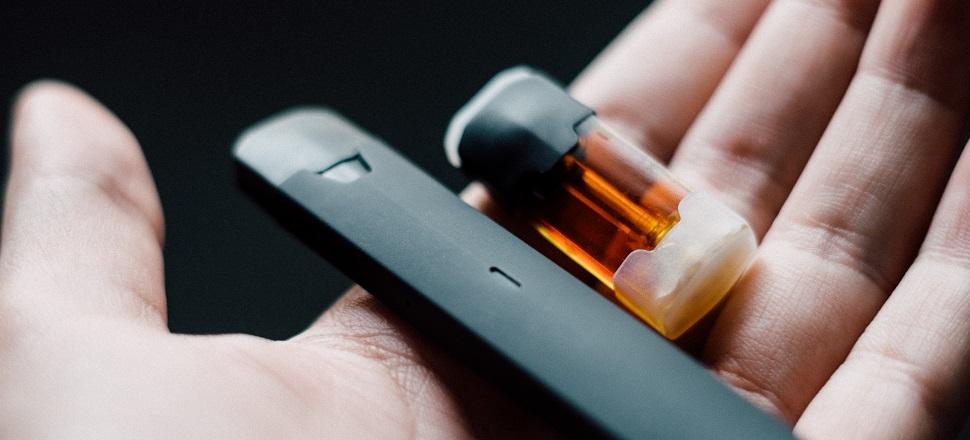MJA Online First: What doctors should consider before prescribing e‐liquids for e‐cigarettes
As of 1 October 2021, nicotine vaping products became prescription only with an aim to prevent further uptake of nicotine vaping in Australia, especially for younger people.

There are more evidence-based nicotine cessation methods than nicotine vaping, however the clinical guidelines state they may be considered as a last resort when other treatments have failed. There are several aspects prescribers should consider due to the unestablished safety, quality, and efficacy of nicotine vaping products before prescribing. If you do decide to prescribe a recent MJA article has some advice.
Current evidence suggests it is critical that doctors be aware of the effects of nicotine concentration and flavourants when prescribing e‐liquids to Australian vapers. Prescribers should combine e‐cigarettes with structured behavioural support to promote tobacco cessation and, ideally, complete nicotine abstinence, rather than seeking to reduce patients’ nicotine intake through dual use of e‐cigarettes and tobacco cigarettes.
A starting level of nicotine should be chosen that is no higher than that in tobacco cigarettes, but which is sufficient to suppress nicotine cravings. The (perceived) benefits of inclusion of flavourants on smoking cessation must be balanced with their potential for toxicity and promotion of nicotine addiction.
The prescribing physician should strongly suggest using unflavoured e‐liquids and educate the patient on the health risks of e‐liquid flavourants. This should continue until such a time as the TGA provides further evidence to support which (if any) flavours do not have detrimental effects on smoking cessation attempts or users’ health.
This article can be found at MJA Online First along with research on unplanned readmissions with peripheral arterial disease and a summary of revised guidelines for reducing risks from drinking alcohol.
Guidelines funded by the Department of Health and prepared by the Royal Australian College of General Practitioners to support health professionals who may choose to prescribe nicotine vaping products (NVPs) as a quitting aid are here.


